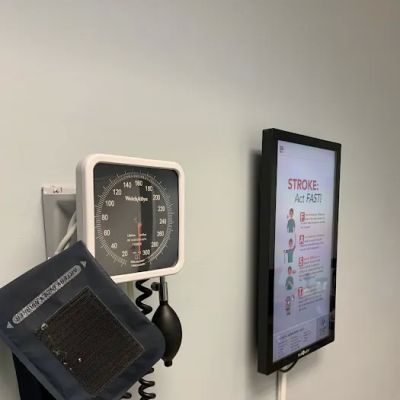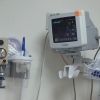- 1-The-Relationship-Between-Salt-Intake-and-Heart-Disease
- 2-Current-Guidelines-for-Sodium-Consumption
- 3-Effects-of-Excess-Sodium-on-Cardiovascular-Health
- 4-Strategies-to-Manage-Salt-Intake-in-Daily-Life
- 5-Real-Life-Stories-of-Managing-Salt-for-Heart-Health
- 6-How-HeartCare-Hub-Can-Help-with-Heart-Health-Management
1. The Relationship Between Salt Intake and Heart Disease
Heart disease remains one of the leading causes of death worldwide, with diet playing a crucial role in its development and progression. Among dietary factors, salt intake — specifically sodium consumption — is strongly linked to cardiovascular health. Excessive salt can raise blood pressure, a major risk factor for heart disease and stroke.
Research indicates that lowering sodium intake can reduce hypertension and improve heart outcomes. However, understanding the precise relationship between salt consumption and heart disease requires considering individual health status, genetics, and lifestyle factors.
2. Current Guidelines for Sodium Consumption
Health organizations such as the American Heart Association recommend limiting sodium intake to less than 2,300 milligrams per day, with an ideal limit of 1,500 milligrams for individuals with heart disease or at risk. This roughly equates to about one teaspoon of salt daily.
These guidelines aim to balance necessary sodium for bodily functions while minimizing excess that contributes to cardiovascular strain. Adhering to these limits can significantly reduce the likelihood of heart attacks, heart failure, and related complications.
3. Effects of Excess Sodium on Cardiovascular Health
Consuming too much salt leads to fluid retention, which increases blood volume and forces the heart to work harder. Over time, this can cause thickening of the heart muscle, arterial stiffness, and damage to blood vessels.
Studies show a clear correlation between high sodium intake and elevated risks of hypertension, congestive heart failure, and other cardiac conditions. For example, a clinical trial demonstrated that reducing salt intake in hypertensive patients led to significant decreases in blood pressure and improved heart function.
4. Strategies to Manage Salt Intake in Daily Life
Practical steps to control salt consumption include reading nutrition labels carefully, choosing fresh or minimally processed foods, and cooking at home to control seasoning. Using herbs and spices instead of salt to enhance flavor is an effective approach.
Limiting processed foods like canned soups, deli meats, and fast food is essential, as these are common hidden sources of high sodium. Drinking plenty of water and maintaining a balanced diet rich in fruits and vegetables supports cardiovascular health.
5. Real-Life Stories of Managing Salt for Heart Health
John, a 58-year-old diagnosed with hypertension, shares, “After my diagnosis, I worked with my nutritionist and started tracking my salt intake. Cutting back on processed snacks and cooking with fresh ingredients made a big difference in my blood pressure.”
His story reflects how mindful salt management can empower individuals to improve heart health and quality of life. These personal experiences inspire many to take charge of their diet and adhere to salt intake guidelines.
6. How HeartCare Hub Can Help with Heart Health Management
For those navigating heart disease and salt intake guidelines, resources like HeartCare Hub provide expert advice, personalized plans, and quality products that support cardiovascular wellness. From nutrition counseling to heart-friendly supplements, HeartCare Hub offers comprehensive support tailored to individual needs.
Accessing such trusted guidance can make managing heart health less overwhelming and more effective, fostering sustainable lifestyle changes and better outcomes.




















